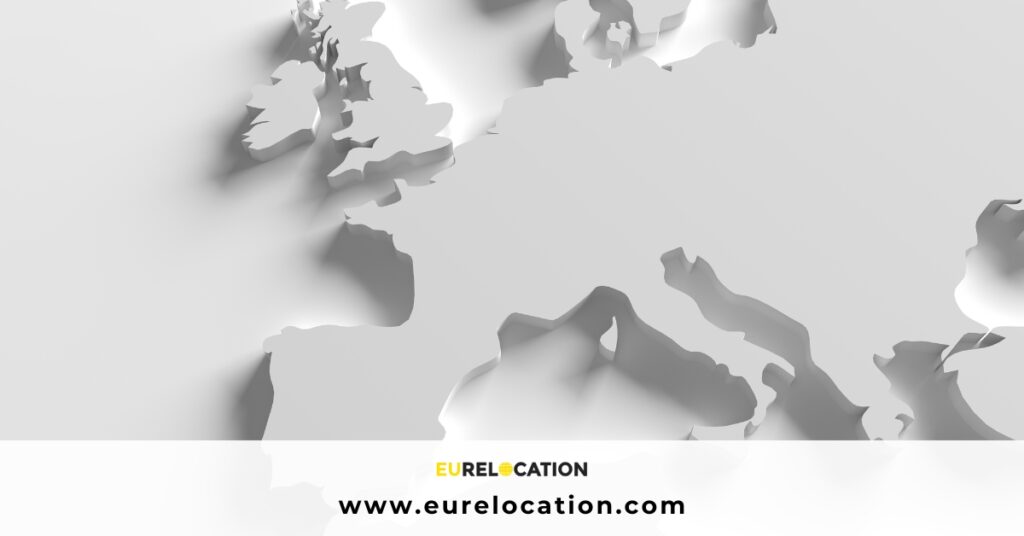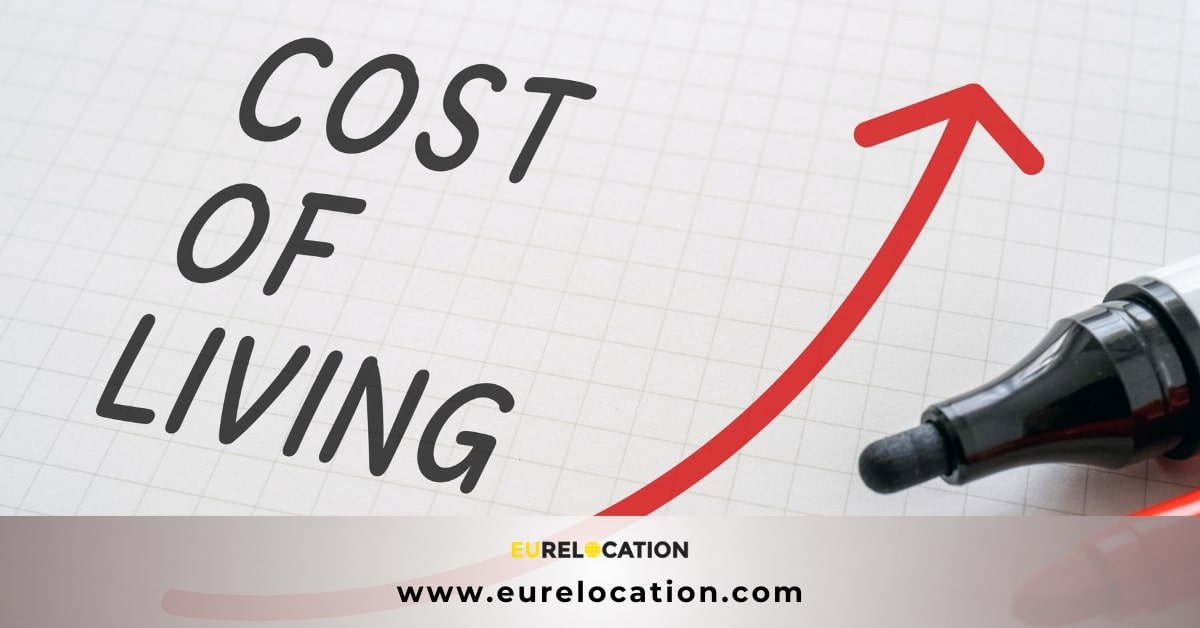Europe is a continent brimming with opportunities for those looking to start their business. For entrepreneurs hoping to launch their company in Europe, it is the perfect location thanks to its wealth of historical significance, multicultural population, and strong economies. Navigating the European business landscape might seem overwhelming initially, but this guide simplifies the process, offering a clear roadmap for aspiring business owners. Let’s delve into why Europe is such an attractive destination for businesses and outline practical steps to get your venture up and running.
Why Start a Business in Europe?
Access to a Large Market:
Business in Europe benefits from access to a market of over 740 million people, providing a vast customer base for your products or services. Membership in the European Union (EU) facilitates easier access to this market, thanks to reduced trade barriers among member countries. Additionally, being part of the EU’s single market opens up opportunities for seamless cross-border trade and simplified regulatory compliance. The expansive market also means a wide range of consumer preferences and demands, offering businesses the chance to diversify their offerings and tap into niche markets.
Strong Support for Startups:
The support networks for startups across many European countries include funding opportunities, tax benefits, and business incubators. These resources can be invaluable during the initial stages of your business in Europe. Furthermore, the collaborative ecosystem in Europe, which includes various accelerators and networking events, offers startups a chance to connect with like-minded entrepreneurs and industry experts. Access to such a wide network not only aids in resource sharing but also significantly boosts the potential for partnerships and collaborative projects.
High Standards of Living:
Europe is known for its high quality of life, which translates into a healthy, well-educated, and productive workforce for businesses established in Europe. This environment fosters innovation and creativity within teams, contributing significantly to a business’s ability to innovate and stay competitive in the global market. Moreover, the emphasis on work-life balance in many European cultures can lead to higher job satisfaction and loyalty among employees, reducing turnover and building a more stable and dedicated team.
Diverse Cultures and Languages:
The diversity of Europe is one of its greatest strengths. Starting a business in Europe allows you to engage with various cultures and languages, enriching your business approach and helping you connect with more customers. This cultural richness also provides businesses with insights into local market nuances, enabling more effective and targeted marketing strategies. Embracing this diversity can enhance your business’s adaptability and sensitivity to cultural differences, crucial for building strong relationships with clients and partners across the continent.
Steps to Starting Your Business in Europe
Choose the Right Country:
Each European country offers unique rules, regulations, and benefits for businesses. When deciding where to establish your business in Europe, consider the ease of doing business, tax rates, and the availability of startup support. Additionally, evaluate the country’s economic stability and growth forecasts to ensure a conducive environment for your business’s longevity. Researching local market trends and consumer behavior can also provide valuable insights for strategic planning.
Understand the Legal Requirements:
Familiarize yourself with the legal requirements for starting a business in your chosen country. This includes business registration, obtaining necessary licenses, and adhering to industry-specific regulations. It’s also wise to consult with a legal expert specialized in business law to navigate complex legal landscapes effectively. Staying informed about the latest legal changes can safeguard your business against potential compliance issues.
Create a Solid Business Plan to launch your Business in Europe:
A comprehensive business plan is essential. It should detail your business idea, market analysis, financial planning, and growth strategies, guiding your business development and aiding in securing funding. This document will serve as a roadmap for your business journey, helping to keep your objectives clear and measurable. Regularly updating your business plan to reflect market changes and business growth can help maintain strategic direction.
Secure Funding:
Launching a business typically requires initial investment. Explore various funding options available in your chosen country, such as loans, grants, or venture capital. Understanding the local financial ecosystem can provide insights into the most viable options for startup funding. Building strong relationships with potential investors and financial institutions early on can increase your chances of securing necessary capital.
Register Your Business in Europe:
The process for business registration varies by country. Generally, you’ll need to select a business name, complete the required paperwork, and pay any applicable registration fees. Make sure to follow each step meticulously to avoid any legal or administrative hurdles down the line. Consider leveraging online platforms and government portals designed to streamline the registration process for new businesses.
Open a Business Bank Account:
A business bank account keeps personal and business finances separate, simplifying accounting and tax processes. This is also a crucial step in establishing your business’s credibility and professionalism in financial dealings. Choosing a bank that offers services tailored to small businesses can provide additional support, such as business advice and financial planning resources.
Set Up Your Workspace:
Your business’s nature will dictate your space requirements, whether it’s an office, a retail space, or a coworking environment. Consider the location’s accessibility for both employees and clients to ensure a smooth operation. Additionally, investing in a workspace that reflects your brand and values can enhance your business’s image and employee satisfaction.
Market Your Business:
Effective marketing is crucial for reaching your target audience. Employ both digital and traditional marketing strategies to promote your business in Europe. Adapting your marketing strategies to fit local cultures and preferences can significantly enhance your outreach efforts. Utilizing analytics and feedback can help refine your marketing tactics, ensuring they resonate with your target demographics.
Overcoming Challenges in Launching your Business in Europe
The complex bureaucratic processes in some European countries can be mitigated by seeking advice from local business organizations or consulting with local advisors. Establishing local connections can also provide valuable insights and shortcuts through administrative red tape. Participating in local business forums and workshops can further demystify the bureaucratic landscape and foster community support.
Appreciating and adapting to cultural differences is crucial for conducting business in Europe. Invest time in understanding the customs and business etiquette of your chosen country. This knowledge can be pivotal in negotiations, partnerships, and daily business interactions, ensuring respectful and productive engagements. Embracing cultural diversity within your team can also enrich your business perspective and innovation.
While English is commonly spoken, conducting business in the local language may be necessary. Consider hiring bilingual staff or learning the language basics yourself. Offering language training to your team can also improve communication and business operations in multilingual environments. Utilizing translation services for key business documents can ensure clarity and professionalism in all dealings.
Embark on Your Business in Europe Adventure
Starting your business in Europe is a journey filled with both challenges and rewards. By selecting the appropriate location, navigating the legal landscape, and leveraging available resources and support, you can lay the groundwork for a prosperous business. Patience and perseverance are key. With thoughtful planning and determination, you can master the European business environment and witness your business flourish. Welcome to Europe—a place where your entrepreneurial dreams can become a reality, supported by a rich tapestry of cultures, markets, and opportunities. Engaging fully with the local business community can further enhance your experience and success in the European market.









